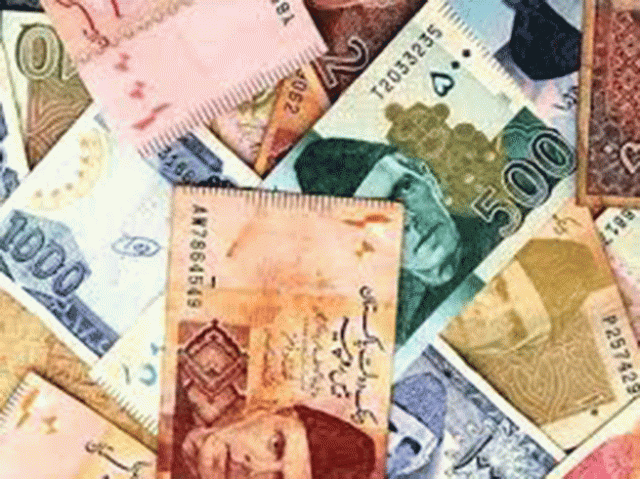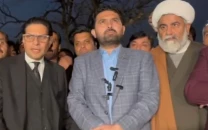Panel proposes end to selective tax exemption on perks
Proposals for more egalitarian treatment of monetary value of benefits granted to top officials

Proposals for more egalitarian treatment of monetary value of benefits granted to top officials. STOCK IMAGE
The Tax Reforms Commission has proposed the government withdraw all income tax exemptions granted on monetary benefits availed by holders of high public offices, including the president, the prime minister, all federal cabinet members, provincial governors and all services chiefs and corps commanders.
The commission is aiming at introducing more egalitarianism into the nation’s tax code and has firmed up its proposals after thoroughly reviewing the tax laws of the country.
It has asked the federal government that all the tax concessions to elected and other senior government officials be withdrawn immediately. These include the president, the prime minister, federal cabinet members, provincial governors, the chief justice, all federal judges and all military service chiefs.

Monetary benefits for holders of high office include house rent, special allowances, conveyance and entertainment allowances, and are currently not subject to income tax. The tax-free status of these entitlements is protected under the Income Tax Ordinance of 2001, promulgated by then military ruler Pervez Musharraf. Unlike these senior officials, the salaries of all other civilians and military personnel are taxable on the gross value of their incomes, creating inequity in the tax system that is tilted in favour of the elite.
In addition to calling for the abolition of the tax-free status of these privileges, the commission has also recommended that income tax exemption threshold be increased to Rs500,000 per annum (Rs41,667 per month) from the current Rs400,000 per annum (Rs33,333 per month).
“On the one hand there is a mounting pressure to reduce the fiscal deficit through improved collections and on the other, they [the federal government] are not ready to abolish innumerable tax exemptions and concessions available to the rich and mighty,” writes the commission, in what amounts to a scathing indictment of the government’s tax policy.
Last year, the federal government estimated the cost of income tax exemptions at Rs96.6 billion including Rs52 billion available in tax incentives to independent power producers (IPPs). It did not separately break out the cost of exemptions available to holders of high public office, often colloquially referred to as VVIPs.
At present, income tax on salaries of these top officials is charged by excluding the monetary value of their perks. For judges, these include several allowances, salaries paid to their domestic staff directly by the government, up to 1,000 telephone calls, up to 1,000 kilowatt-hours of electricity per month, and up to 200 litres of petrol per month for their cars.
Similarly, the monetisation allowances that all federal secretaries, additional secretaries and joint secretaries receive is taxed separately from their salaries and other benefits, in a bid to artificially lower the marginal tax rate on it. For example, a federal secretary gets a Rs97,000 monthly car allowance. Taken separately, it is charged at the 5% marginal tax rate. If combined with the secretary’s salary and monetary value of their other benefits, the marginal tax rate would most likely come to 25%.
Almost all federal bureaucrats serving in Grades 20 to 22 are not only availing hefty car allowances but also unofficially using government vehicles, which defeats the purpose of paying them a cash allowance in order to lower the government’s financial burden of having to maintain an official fleet of cars.
Among other exemptions the commission recommended abolishing are the exemption from income tax for Pakistani seafarers, the exemption for the perks and allowances of government employees on foreign postings, the exemption on the cash value of the leave preparatory to retirement for military and civilian employees of the government.
It also proposes that income of Liaquat National Hospital Association, dividend from Pak Libya Holding, Pak-Kuwait Investment Company and gains on transfer of membership right by a member of an existing stock exchange should also be taxed.
Published in The Express Tribune, May 5th, 2015.



















COMMENTS
Comments are moderated and generally will be posted if they are on-topic and not abusive.
For more information, please see our Comments FAQ